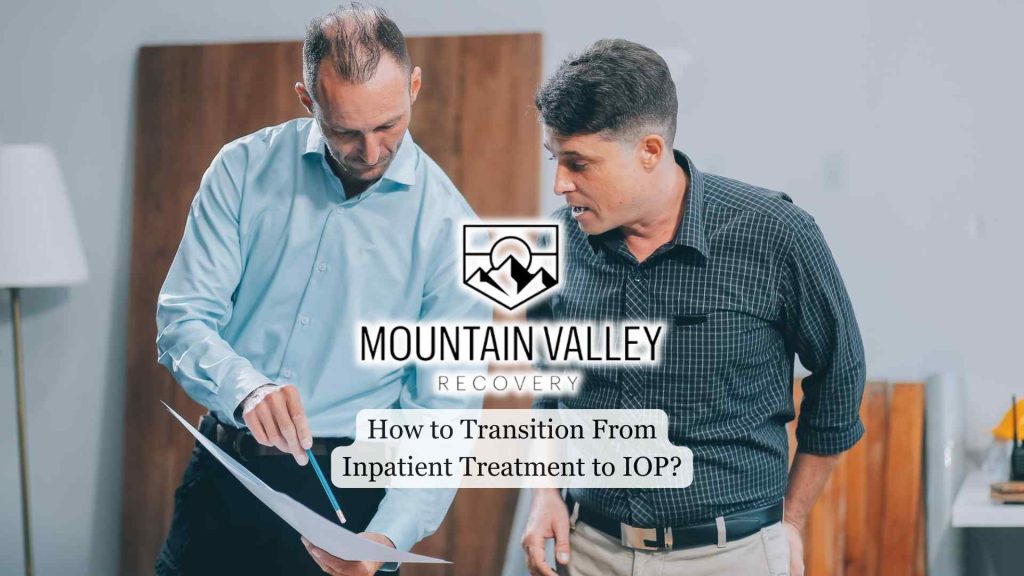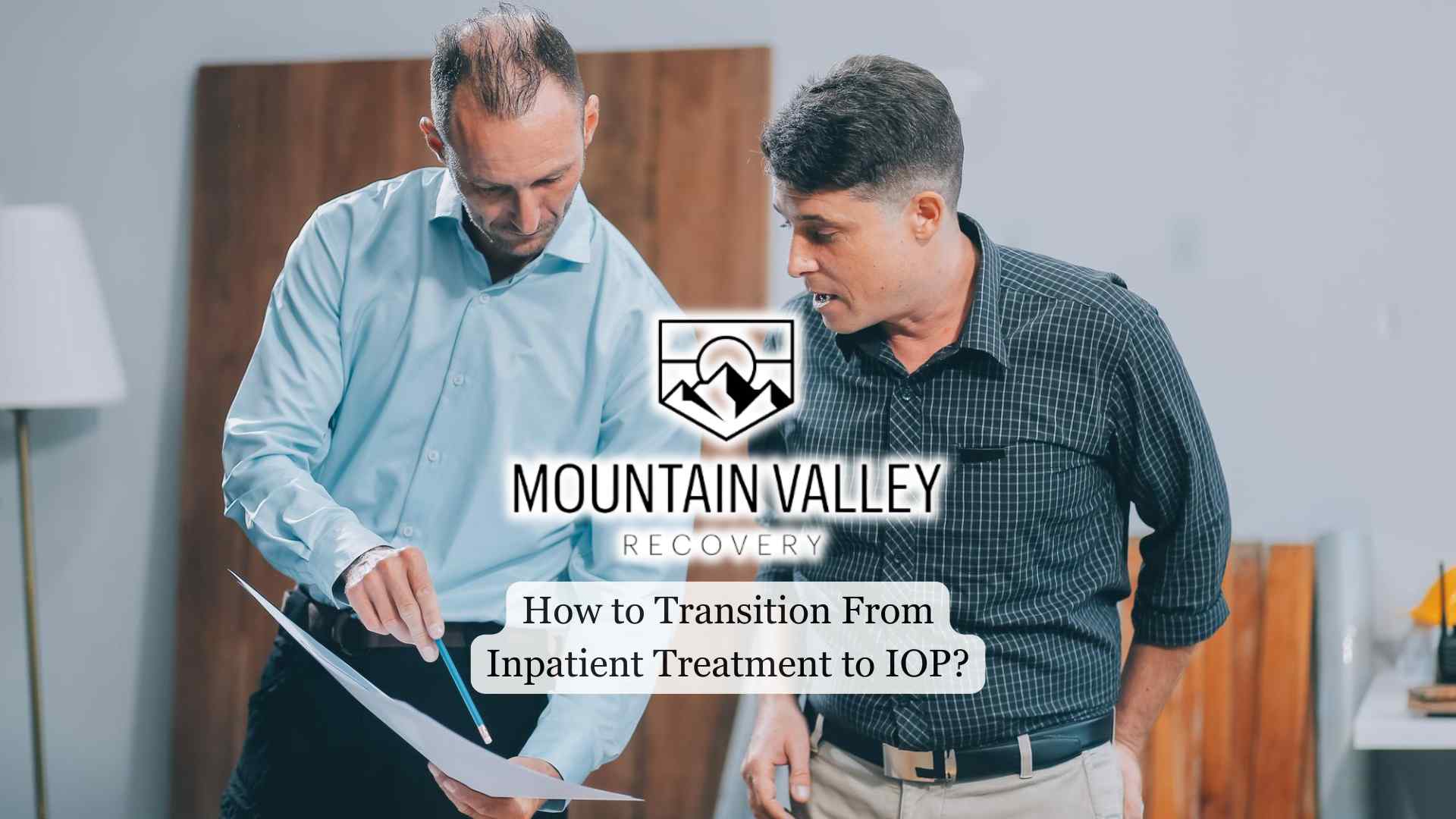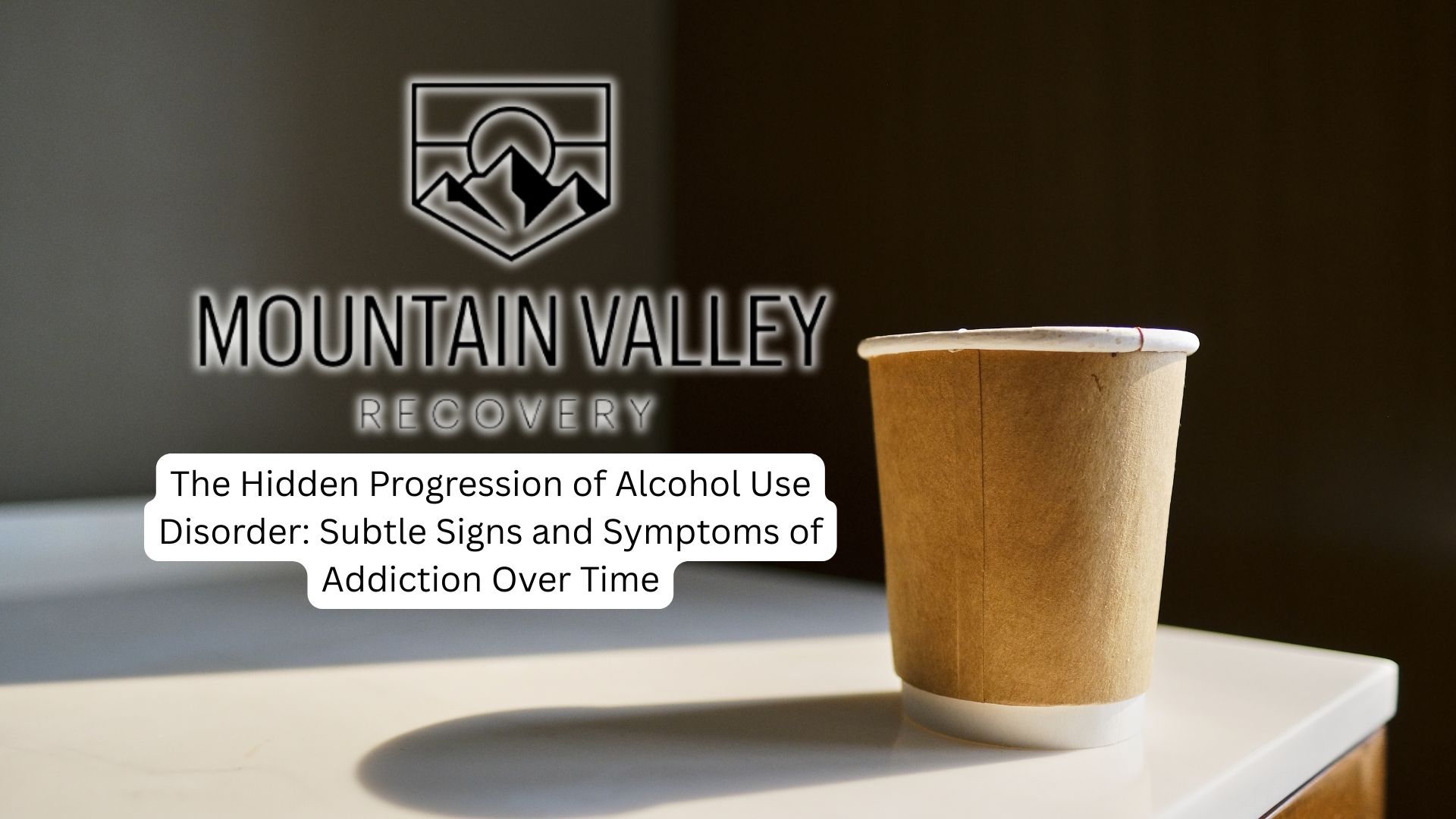After spending weeks or months in a structured environment receiving intensive care, the idea of returning to everyday life can be both thrilling and overwhelming. This transition is essential, as it allows individuals to put into practice the skills and coping strategies they have acquired during their inpatient stay while gradually reintegrating into their daily routines.
This article will highlight the key considerations for a smooth transition from inpatient treatment to an intensive outpatient program (IOP), emphasizing the importance of continuity of care, the role of support systems, and practical strategies to navigate this critical phase of recovery.
Developing a Personalized Discharge Plan
To ensure a smooth transition, you should work closely with your treatment team to develop a personalized discharge plan that outlines specific goals, strategies, and resources tailored to your unique needs. This plan will serve as a roadmap for your recovery journey, helping you stay focused and accountable.
Your discharge plan should incorporate coping strategies you’ve learned during inpatient treatment, enabling you to manage triggers effectively in your daily life. It’s crucial to identify potential challenges and risks associated with the transition and include proactive measures to address these issues.
On top of all, your plan should list support networks you can rely on during this time. To maintain balance during the transition, ensure that your IOP commitments align with your work, family responsibilities, and personal recovery goals.
Regular follow-up appointments and assessments should also be included in your discharge plan to evaluate progress and make necessary adjustments to your treatment approach.
If you or someone you know is ready to make this transition, we invite you to reach out to us at Mountain Valley Recovery and take advantage of our Inpatient addiction treatment in Utah, which enables men to learn valuable trades and make a better living post-treatment.
Engaging in Pre-IOP Sessions
Pre-IOP sessions give you the opportunity to discuss your goals, concerns, and expectations with your treatment team, providing them with valuable insights to create a smoother transition.
You’ll learn about the structure and requirements of the IOP, helping you understand what to expect and how to prepare effectively.
During pre-IOP sessions, you’ll work with your team to develop individualized treatment plans that align with your specific needs and recovery goals.
These sessions also allow you to reinforce the coping strategies you learned during inpatient treatment, ensuring you’re ready to apply these skills in real-world situations.
Encouraging family involvement in pre-IOP sessions can enhance communication and support, fostering a stronger network for your ongoing recovery journey.

Maintaining Open Communication
Regular check-ins with your therapists and counselors will help you share your progress, challenges, and emotional difficulties during this period.
It’s crucial to involve your family in these discussions to create a supportive environment that reinforces your recovery goals and accountability.
Make use of tools like progress journals or communication apps to enhance transparency between you and your support network. This ensures everyone stays informed about your treatment needs and progress.
Engage in open dialogue with your treatment team about potential triggers and coping strategies. This will empower you to better navigate the challenges you’ll face in daily life post-inpatient treatment.
Learn more about holistic addiction treatment practices which are more prevalent during outpatient programs.
Integrating Coping Strategies
Integrating coping strategies is crucial for managing triggers and cravings while transitioning from inpatient treatment to IOP. Reinforce techniques like mindfulness, deep breathing, and journaling to navigate emotional challenges in daily life.
Regularly attending IOP sessions allows you to practice and refine these strategies in a supportive group environment, fostering accountability. Engage with your support network of family and friends for additional encouragement and opportunities to discuss and apply coping strategies outside of treatment.
Incorporating therapeutic assignments from IOP, which often focus on real-world applications, can enhance your transition and promote sustainable recovery.
Check out the most common reasons men have the tendency to relapse with drugs during their recovery process.
Establishing Support Networks
Involving your family members in therapy sessions can significantly enhance their understanding of your recovery process, improve communication, and strengthen your support system during this critical transition to outpatient care.
Joining support groups, such as 12-step programs, provides accountability and encouragement, which are crucial for maintaining sobriety as you navigate new challenges.
Prioritize maintaining connections with sober friends or mentors who can help you effectively cope with triggers and obstacles.
Exploring resources that outline IOP schedules and offerings will empower you to better understand your treatment options and establish a supportive network tailored to your specific recovery needs.
Final Thoughts from Mountain Valley Recovery
Transitioning from inpatient treatment to an Intensive Outpatient Progra is a crucial step in the recovery journey, particularly for young adult men working to overcome addiction. This period of change can be both challenging and rewarding, as it allows individuals to apply the skills they have learned while starting to reintegrate into their daily lives. At Mountain Valley Recovery, we understand the significance of this transition and are dedicated to supporting our clients every step of the way.





